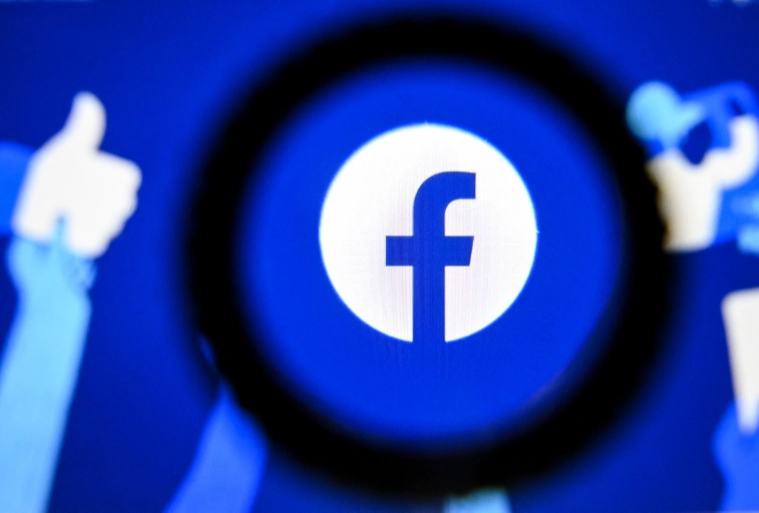
Facebook says it has 'prepared extensively for the 2022 election in Brazil', which pits incumbent far-right President Jair Bolsonaro against ex-President Luiz Inacio Lula da Silva [File: Kirill Kudryavtsev/AFP]
Brasilia, August 15 (RHC)-- Facebook failed to filter out advertisements containing election disinformation in Brazil, a new report from human rights group Global Witness has found, as the country prepares for a tightly contested October vote.
The international rights group said on Monday that it had submitted 10 ads in Brazilian Portuguese to Facebook that contained election disinformation, including false claims about where and when to vote, or sought to delegitimise the country’s electoral process.
Misinformation related to Brazil’s October 2 vote has been a concern for months, with far-right President Jair Bolsonaro repeatedly saying without evidence that the country’s electronic voting system is vulnerable to fraud.
Critics and judicial experts have rejected that as baseless, accusing Bolsonaro – who faces a stiff challenge from former left-wing President Luiz Inacio Lula da Silva – of planning to use his fraud claims to contest the election results, similar to ex-United States President Donald Trump.
“Given the high stakes nature of the Brazilian election, Facebook is failing in its efforts to adequately protect Brazilians from a disinformation nightmare,” Global Witness said in its report.
In a statement shared by Global Witness, Facebook said it has “prepared extensively for the 2022 election in Brazil." “We’ve launched tools that promote reliable information and label election-related posts, established a direct channel for the Superior Electoral Court to send us potentially-harmful content for review, and continue closely collaborating with Brazilian authorities and researchers,” it said.
The social media giant also said its efforts in the previous Brazilian election “resulted in the removal of 140,000 posts from Facebook and Instagram for violating our election interference policies and 250,000 rejections of unauthorized political ads”.
In 2020, Facebook began requiring advertisers who wish to run ads about elections or politics to complete an authorisation process and include “paid for by” disclaimers on them, similar to what it does in the US.
But Global Witness said it was able to place ads that violated the company’s policies around who is allowed to place political ads on the platform. It said it placed the Brazilian election test ads from Nairobi and London, “which should have raised flags given the content.”
“We were not required to put a ‘paid for by’ disclaimer on our ads, as would be required for political ads. Moreover, we did not use a Brazilian payment method to pay for the ads. All of which raises serious concerns about the potential for foreign election interference and Facebook’s inability to pick up on red flags and clear warning signs,” the group said.
This is the fourth time that Global Witness has tested the ability of Meta – Facebook’s parent company – to catch blatant violations of the rules of its most popular social media platform and the fourth such test it has flubbed.
In the three prior instances, the non-profit group submitted ads containing violent hate speech to see if Facebook’s controls — either human reviewers or artificial intelligence – would catch them, but the company did not.
In another study carried out by the Federal University of Rio de Janeiro, researchers identified more than two dozen ads on Facebook and Instagram for the July, that promoted misleading information or attacked the country’s electronic voting machines.
The university’s internet and social media department, NetLab, which also participated in the Global Witness study, found that many of those had been financed by candidates running for a seat at a federal or state legislature.
Brazil’s October election will be the first since Bolsonaro came to power in 2018, and fears of political violence should the results be contested are rising.

